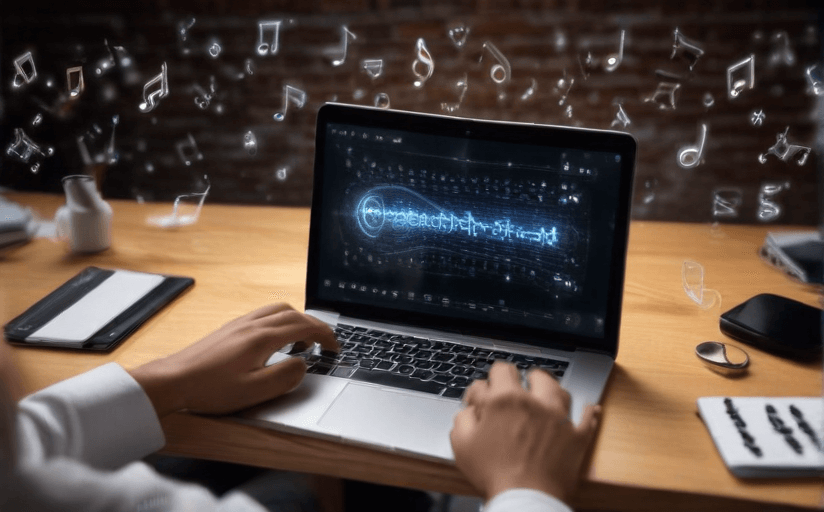The Digital Revolution: Redefining the Music Industry
In the last decade, there has been a significant transformation in the music industry, largely driven by the advent and growth of digital media. This innovation has revolutionized the way music is produced, distributed, and consumed.
The Rise of Digital Media Platforms
The growth of platforms such as Spotify, Apple Music, YouTube, and Tidal, has dramatically changed the dynamics of the music industry. According to a 2019 report by the International Federation of the Phonographic Industry (IFPI), streaming revenue grew by 34% and accounted for nearly half of global recorded music revenues.
These platforms offer artists new ways to distribute their work and connect with an international audience. They've also provided consumers with instant access to a wide array of music.
Impact on Stakeholders
Digital media’s influence on the music industry extends to artists, record labels, consumers, and the industry as a whole.
Artists
On one hand, digital platforms provide artists, especially independent ones, opportunities to bypass traditional gatekeepers and access fans directly. Case studies such as Chance the Rapper and Billie Eilish exemplify the success achievable on digital platforms without a record label.
Record Labels
On the other hand, major record labels have faced challenges adapting to the digital era. Although the surge in streaming revenues compensates declines in physical sale, they often need to renegotiate contracts and licensing agreements with digital platforms for fair compensations.
Consumers
For consumers, digital media has democratised access to music, transcending geographical barriers. However, the sheer volume of music can make discovery daunting, thus highlighting the role of algorithms in personalised recommendations.
The Dual-edged Sword
While digital media has many positives, it also presents challenges. The ease of distribution has led to an oversaturated market. Plus, artists often get very little per stream, leading to a significant pay disparity between superstars and lesser-known musicians.
The Future
As we continue on this digital trajectory, the music industry will continue evolving, with new business models developing around streaming. Smart speaker technology and AI-generated music are potential game-changers. As technology advances, the industry needs to ensure that artists are fairly compensated and fans can continue finding the music they love.

















Comments
Leave a Comment